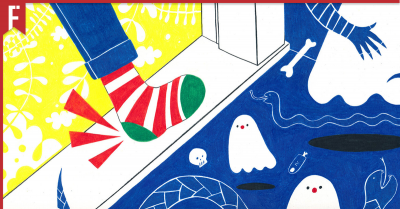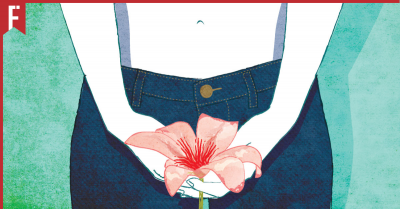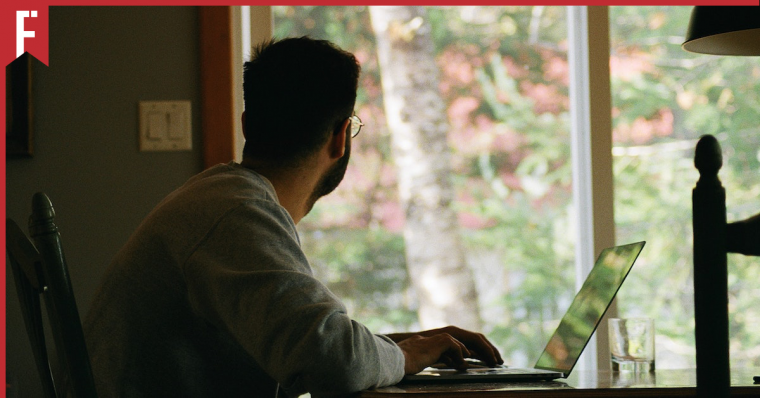
The world has been going through an intense time since March 2020 and it seems to have no end in sight, especially in Malaysia. On 18 August 2021, we hit a record number of 22,242 new daily COVID-19 cases, and it feels like we could be reaching new record highs with each passing day.
While many parts of the world are moving forward and reopening, Malaysia seems to be in a worse position every day. With cases that seem to be continuously on the rise, how is it possible to carry on with our lives as if everything is normal?
Now we’re in another lockdown, seemingly with no end in sight. People have lost their jobs, families have not physically seen each other in almost two years, many have lost loved ones without even getting to say their final goodbyes, while others aren’t sure when their next meal is going to be. It’s devastating to see so much suffering in a place millions of us call home.
Let’s not kid ourselves — Malaysia’s third wave is the worst of this pandemic that we’re experiencing right now. There is an overwhelming sense of dread over the uncertainty of this situation, and with hospitals in the Klang Valley nearing their breaking point with the influx of cases, it’s only natural to feel what we’re feeling. But what exactly are we feeling?
Grieving Our Old Lives
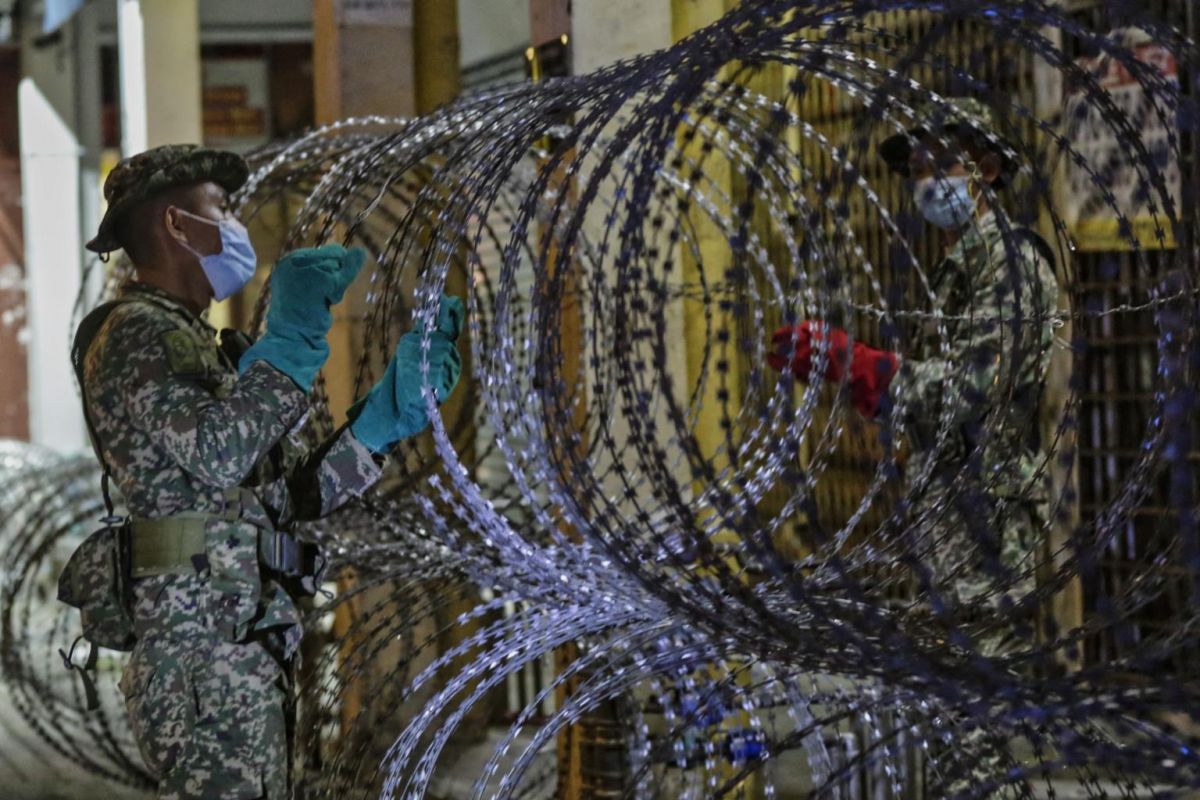
In simpler terms, this emotion is actually considered as grief. Contrary to popular belief, grief doesn’t only happen in the event of someone’s death. We can also mourn the end of various life stages, like our childhoods, or even friendships and relationships that may have come to an end.
Right now, most of us are mourning life before the pandemic. We’re grieving the loss of spontaneous weekend hangouts, having lunch with friends after a three-hour lecture, visiting family, road trips to a neighbouring state for that one bowl of laksa from that one particular stall you’ve heard so much about, and just generally being out and about with other people.
We miss the feeling of being a part of something and the presence of other people — the feeling that our lives were going somewhere and that we had something to look forward to.
According to famed psychologist Elizabeth Kübler-Ross, grief involves 5 stages: denial, anger, bargaining, depression, and acceptance.
Grief expert David Kessler emphasises that these stages are not always experienced in a linear, sequential manner, and if applied to the way we process the ongoing pandemic, here’s what it might look like for some of us;
Denial: “COVID-19 isn’t that serious. It won’t affect us.”
Anger: “I can’t see my friends and family, I’m angry that others aren’t taking this pandemic seriously.”
Bargaining: “As long as I follow the SOPs, everything will go back to normal in two weeks… right?”
Depression: “Cases keep going up. When is this going to end?”
Acceptance: “This is the new normal now. I’ll have to adapt to this new way of life.”
We may also be feeling unusual amounts of anxiety when we think about the future, because everything seems indefinite and up in the air. How do we even make life plans when there’s still a virus going around? And what if the worst has yet to come? This feeling is characterised as anticipatory grief — the feeling that things are only going to get worse, as if a storm is looming ahead.
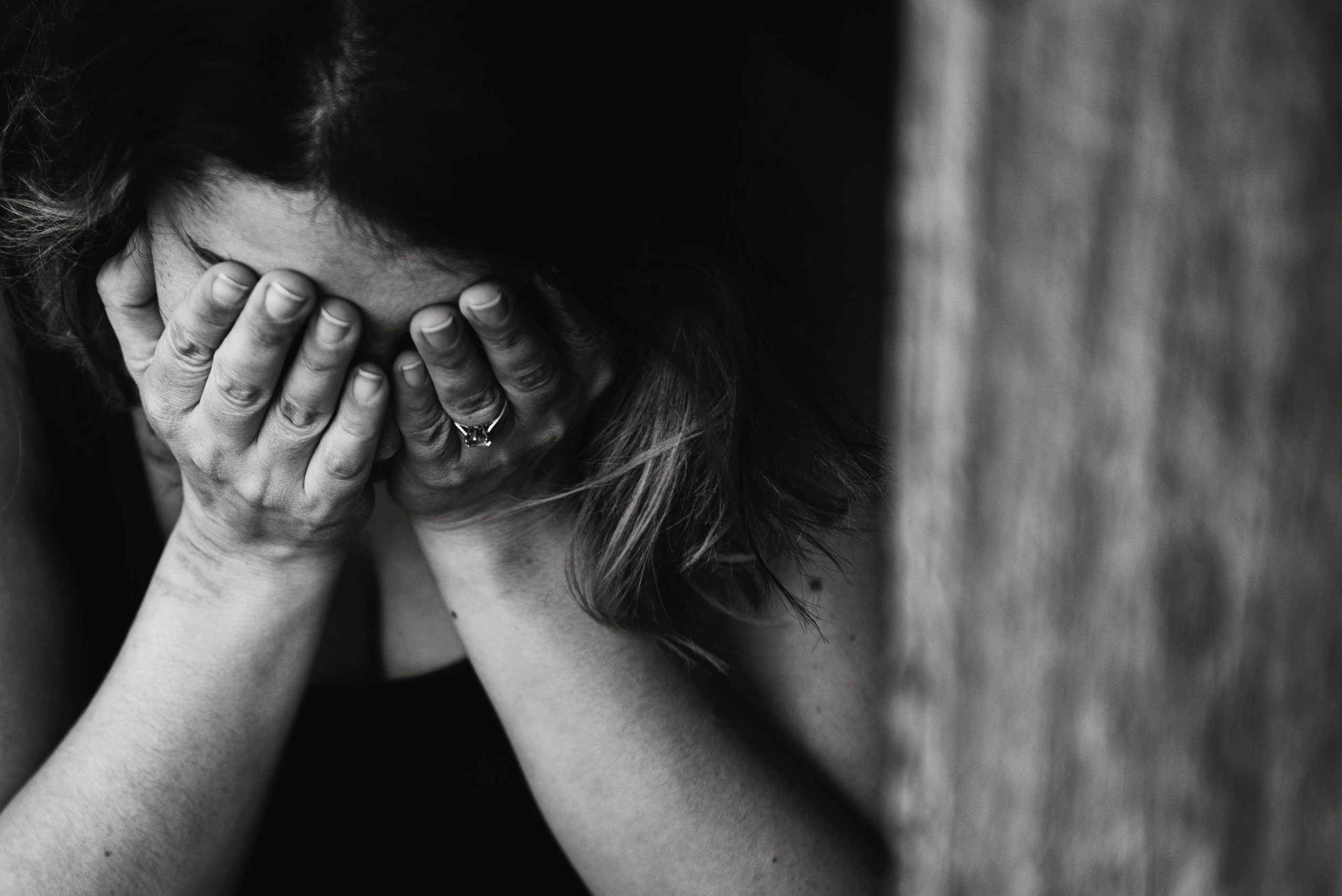
So, How Do We Cope?
While there may be some comfort in identifying what we’re feeling, I still feel guilty for grieving because I still have so much to be thankful for in the midst of this mess of a pandemic. But it’s important to remind yourself that we’re all allowed to feel this way, because we’ve all lost something.
It may be cliché to say this, but misery loves company, because there is some comfort in knowing that we’re all collectively feeling loss to some degree. However, how can we effectively cope when it comes to mourning our pre-pandemic lives?
While it’s true that there are some ways we can take care of our own mental health during this horrific time, nothing can truly improve if we’re not provided with the relevant aid to ease some of our burdens — especially for those of us who may have lost our jobs and are struggling to make ends meet.
Therapy and mental health aid don’t solve the problem of being overworked and underpaid, so some level of financial assistance is still needed to help ease our anxieties.
In the meantime though, while many of us are at home, what can we do to cope with our own grief? What type of “first aid” tools can we utilise to alleviate some of this distress we’re feeling?
1. Re-frame your expectations
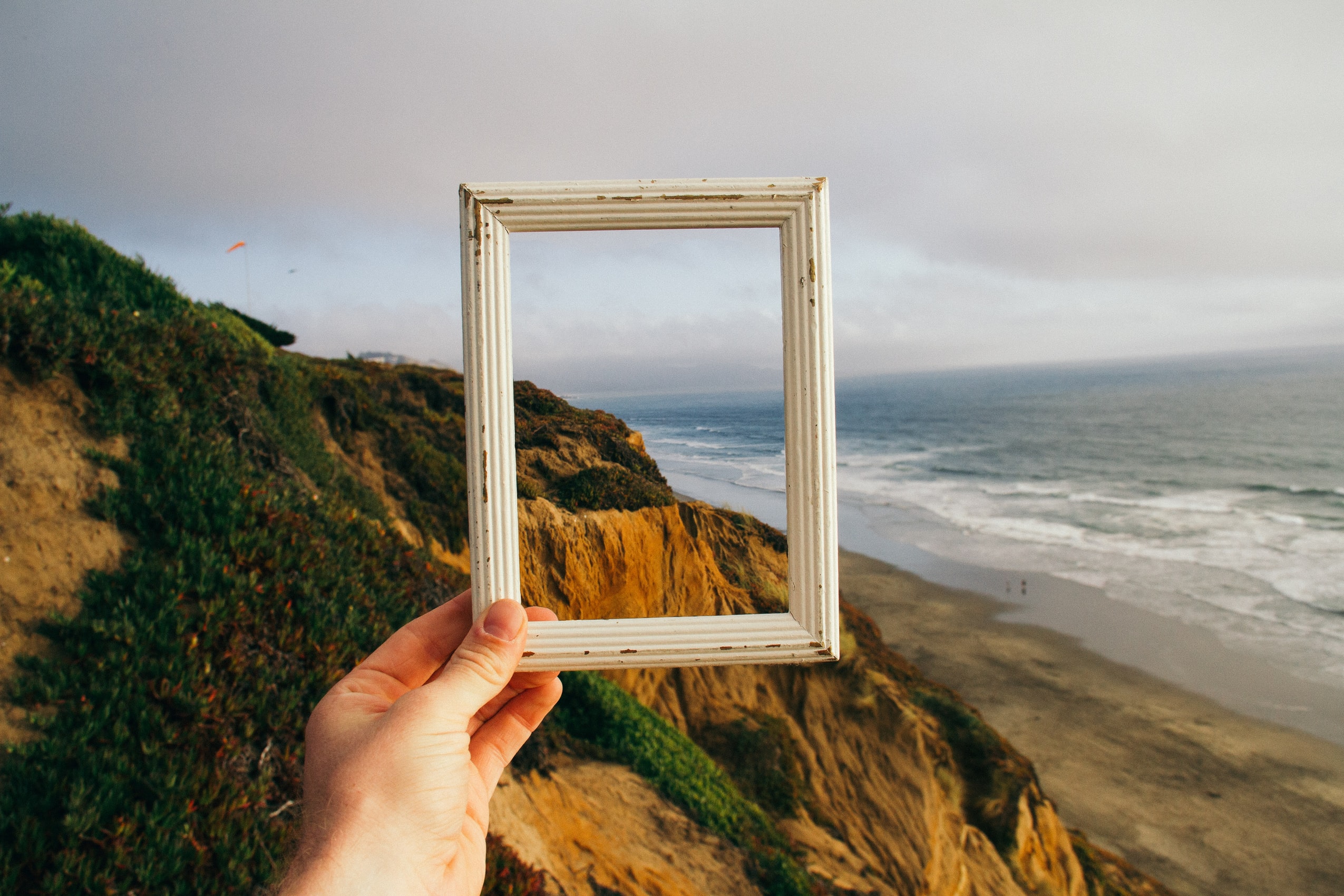
Speaking from personal experience, I find that most of my distress has stemmed from waiting for things to “go back to normal”, like how everything was before the pandemic. I realised that this was my way of living and even romanticising the past, even though there were plenty of things that weren’t ideal during those times either.
Our lives have all been radically changed by this disease and we have to find a way to adapt to a future that will arguably always have COVID-19 in it.
We cannot let our guard down just because we’re vaccinated, and masks are probably here to stay, because achieving herd immunity takes time. So, like it or not, we have to find a way to accept our present situation and focus on what we can do to ensure the safety of our loved ones. It sounds bleak, but as soon as we accept what’s happening, the quicker we can begin to heal.
2. Nurture your inner child
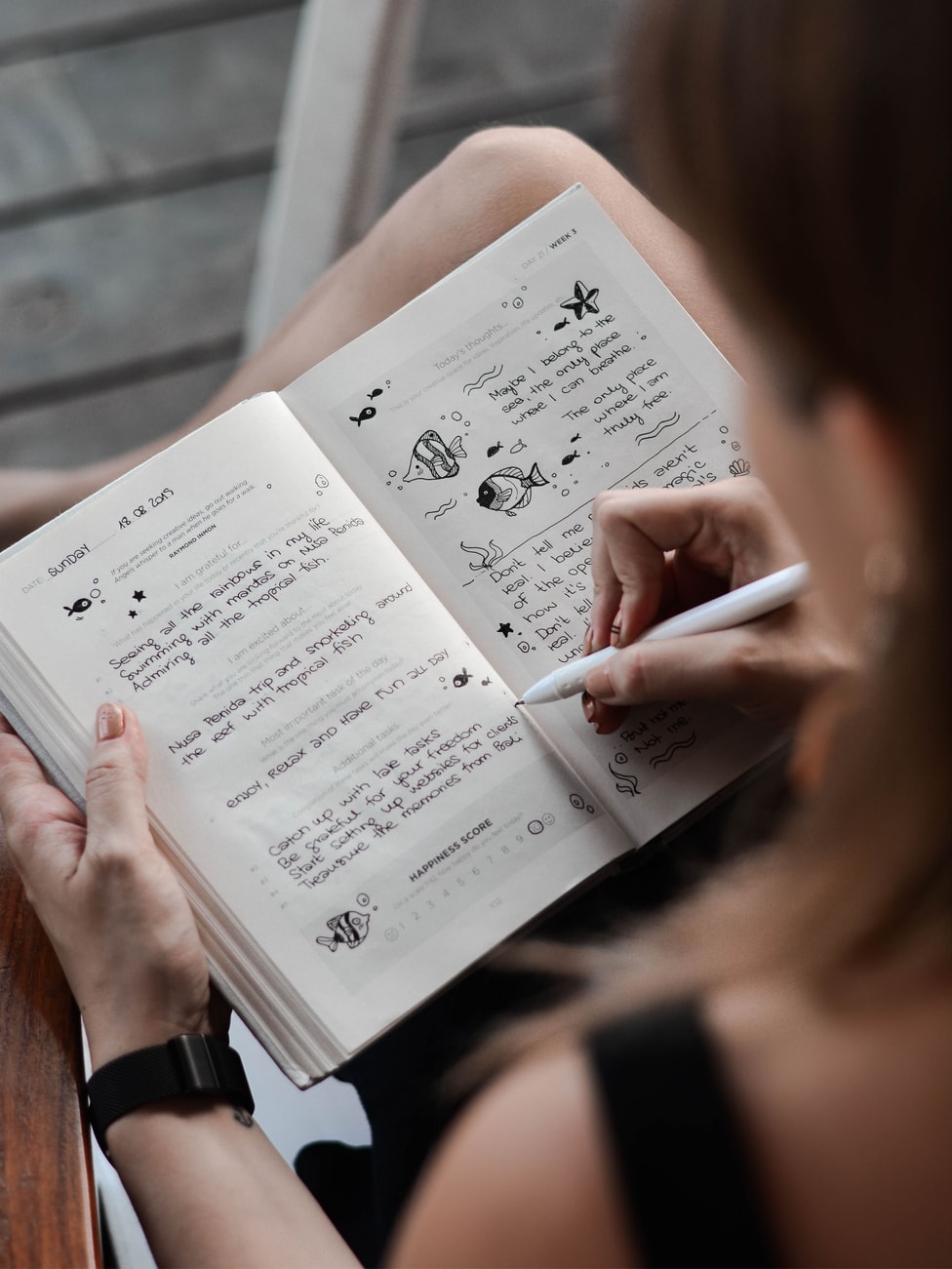
Burnout can add a lot to our overall feelings of distress during lockdown, whether it’s from work or the seemingly endless online classes. The way we work has changed forever, and it has even affected the way we process information.
With such limited social contact and overall lockdown fatigue, it’s no surprise that our memory can be negatively impacted by this. On top of that, our attention spans also seem to be deteriorating, and this could be due to the lack of a routine, the general overuse of screens, and the persistent blur between work and personal time.
One way to combat this brain fog state is to break up your day with short, fun activities to keep you stimulated — something that takes you away from your screen for a little while. Whether it’s dancing to your favourite playlist, completing a page in a colouring book or skipping rope, take a short time away from your screen to do something you used to enjoy as a kid. Don’t pressure yourself to be productive, just as long as you enjoy what you’re doing.
Be kind to yourself (easier said than done, I know). One way that helped me get better at this is to think of your mind as your pet. Nourish yourself with good things and unconditional love as you would with a furry friend.
3. Ground yourself in the present
When we deal with feelings of anticipatory grief, we may think of the worst case scenarios and spiral into more feelings of despair and anxiety. Instead, try to find balance in what you’re thinking rather than fixating on making your scary thoughts go away.

David Kessler recommends thinking of the best case scenario when you catch yourself thinking of the worst case scenario. The key is to not let either end of the spectrum dominate the other.
Another helpful method is to place yourself in the present by practising mindfulness exercises. For example, try naming five things you can see in your immediate surroundings and breathe. Tell yourself that at this moment, none of the disastrous scenarios you’ve thought about have happened. You’re not sick and you’re safe.
It certainly doesn’t come easy at first, but think of it as a muscle that gets stronger the more you use it — like a workout for your mind. Just like how you take care of your physical health with exercise, carve out some time to care for your thoughts and emotions too.
This pandemic has changed our lives as we know it, but what’s important to know is that we can get through this, so long as we have each other. If you’re able, lend a helping hand to whoever you know needs it, or show your support for our essential workers who have been working hard for our safety and wellbeing by checking out:
Why Are So Many Essential Workers Planning To Quit?


